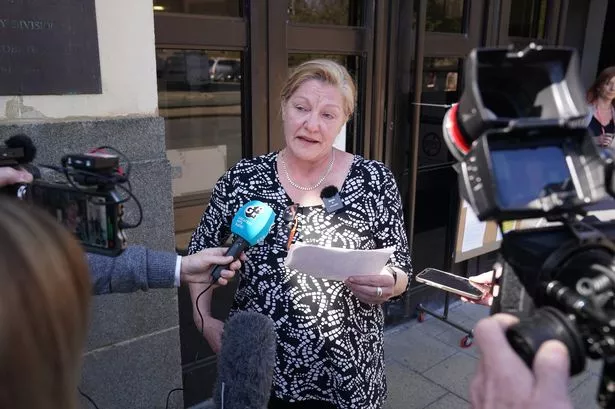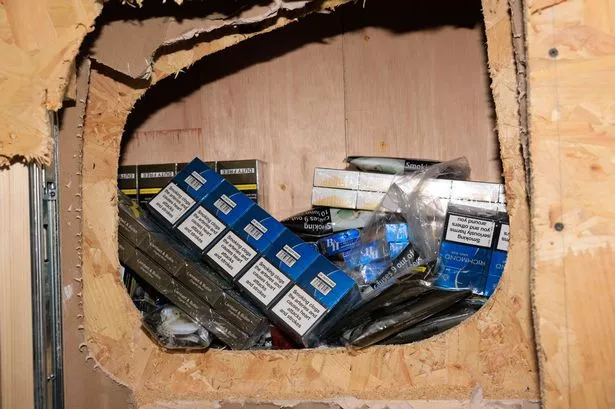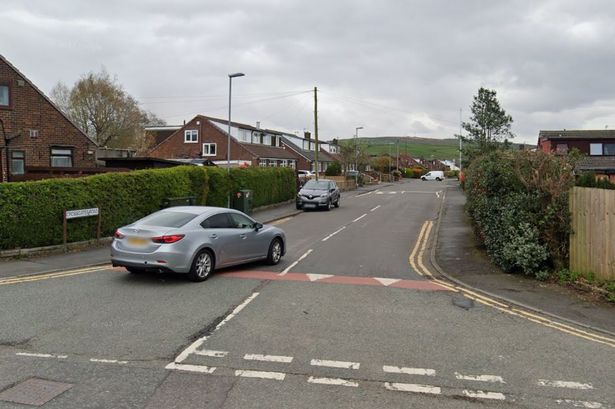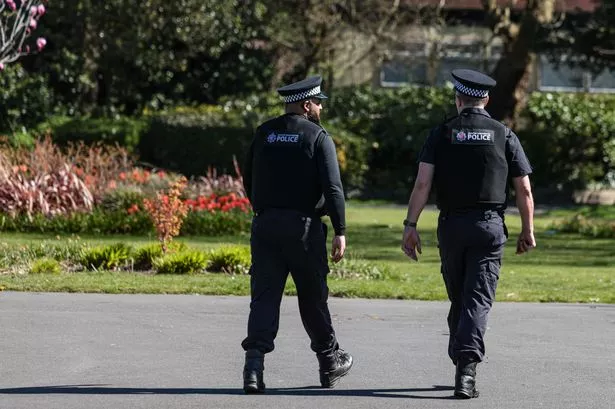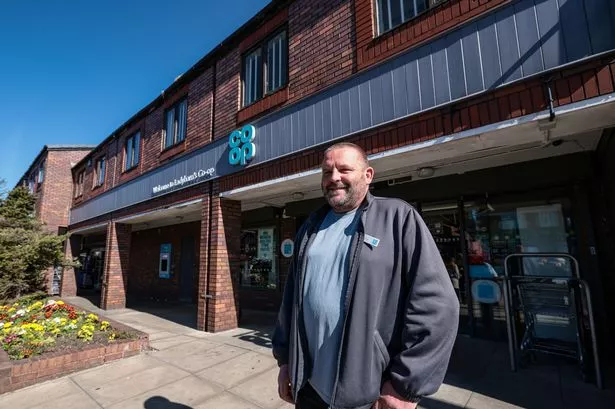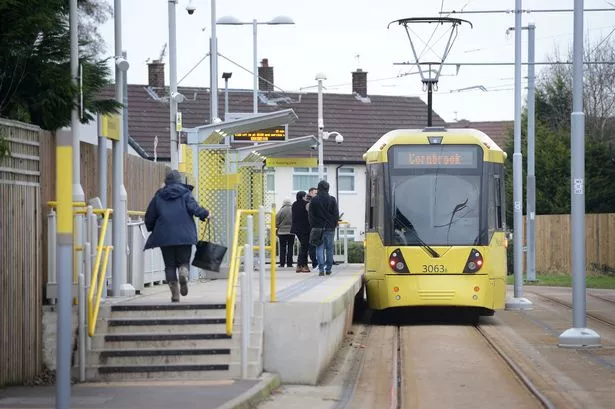UK Government Announces New Prisons to Address Overcrowding
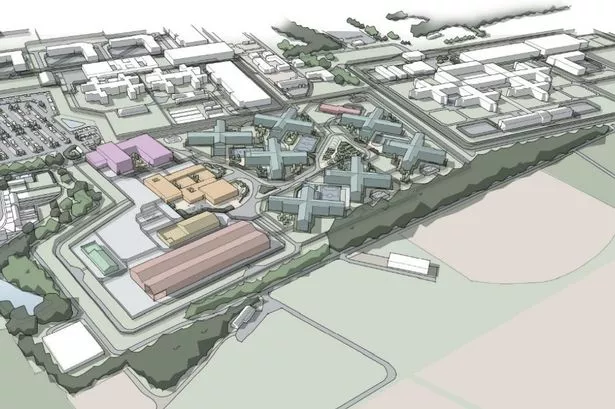
The Government has announced plans to build four new prisons over the next seven years, including a facility near Greater Manchester, in an effort to alleviate the overcrowding crisis in the UK prison system.
The Ministry of Justice (MoJ) aims to provide a total of 14,000 new cell spaces by 2031, with 6,400 of these coming from newly constructed facilities. An investment of £2.3 billion is allocated for this initiative over the next two years.
This announcement follows the approval from Deputy Prime Minister and Ashton-under-Lyne MP, Angela Rayner, for the controversial construction of a new prison in Lancashire. The proposed 1,715-inmate facility in Ulnes Walton had previously faced rejection from Chorley council and was denied twice by a planning inspector.
The plan for the Category C prison, located near the existing HMP Garth and HMP Wymott sites, was subjected to a planning inquiry in summer 2022, which was reopened in March 2023 after conflicts with the prior Conservative government's stance. Despite this, planning inspector Tom Gilbert-Wooldridge recommended that the appeal be denied.
Ms. Rayner acknowledged some concerns raised by the inspector regarding highways but concluded that the impact would be 'limited harm'. The approval decision was delegated to planning minister Matthew Pennycook.
Reports indicate that additional new prisons are planned for Yorkshire, Buckinghamshire, and Leicestershire. The remaining required prison spaces will be addressed through measures such as adding new wings to existing jails or refurbishing unusable cells, alongside an extra £500 million allocated for essential building maintenance, as stated by the MoJ on December 11.
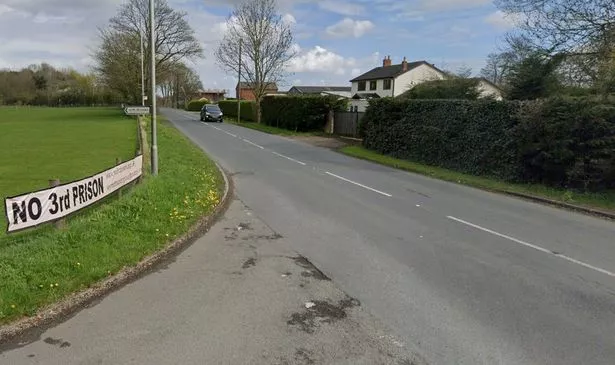
This initiative is part of a 10-year strategy to enhance the ability to detain dangerous criminals, categorizing prisons as sites of “national importance” to avoid planning delays, with plans for acquiring new land for future facilities.
The announcement coincides with government estimates predicting that over 100,000 prisoners could be incarcerated in England and Wales by 2029. This comes amid warnings from the government’s spending watchdog that the current plans to increase prison capacity may fall short, potentially costing taxpayers billions more than expected.
In response to the overcrowding situation, the Government has released thousands of inmates early since September by temporarily reducing the mandatory sentence duration from 50% to 40%. Despite these measures, prisons are anticipated to attain critical capacity levels again by July.
MoJ figures indicate that as of Monday, there were 86,089 adult prisoners in England and Wales, with a functional capacity of 88,822, resulting in an available cell space for 2,733 inmates.

Pavan Dhaliwal, chief executive of the charity Revolving Doors, commented, “We cannot simply build our way out of this crisis; increasing prison capacity must go hand in hand with exploring alternatives to custody as part of the Government's sentencing review.”
Andrea Coomber, chief executive of the Howard League for Penal Reform, suggested that funds allocated for new jails would be better spent on enhancing probation services to effectively reduce community crime.
Justice Secretary Shabana Mahmood concurred that “building alone” is insufficient to resolve the overcrowding crisis, noting, “The last Government misrepresented the situation by attempting to extend prison sentences without fulfilling their promises to build new facilities.”
She criticized the previous strategy as one that left prisons in a precarious state, saying, “This strategy reveals that their promises were years behind and nearly £5 billion over budget, leaving our prisons in crisis.”
Shadow Justice Secretary Robert Jenrick expressed skepticism, stating, “Despite the announcements, Labour has not pledged any funding for new prisons, prioritizing pay rises for union leaders over public safety.”




